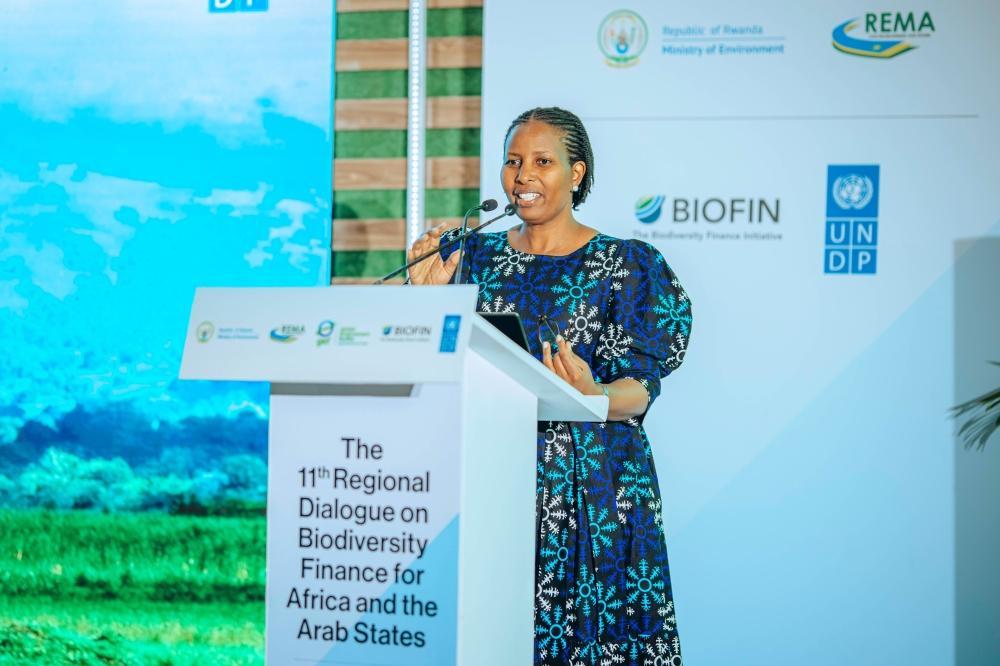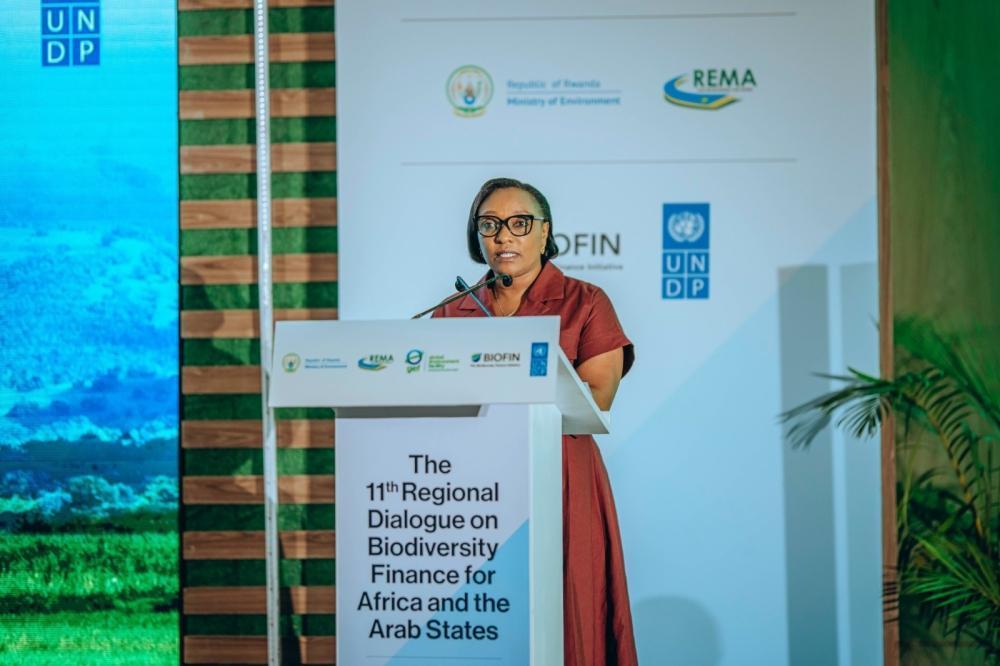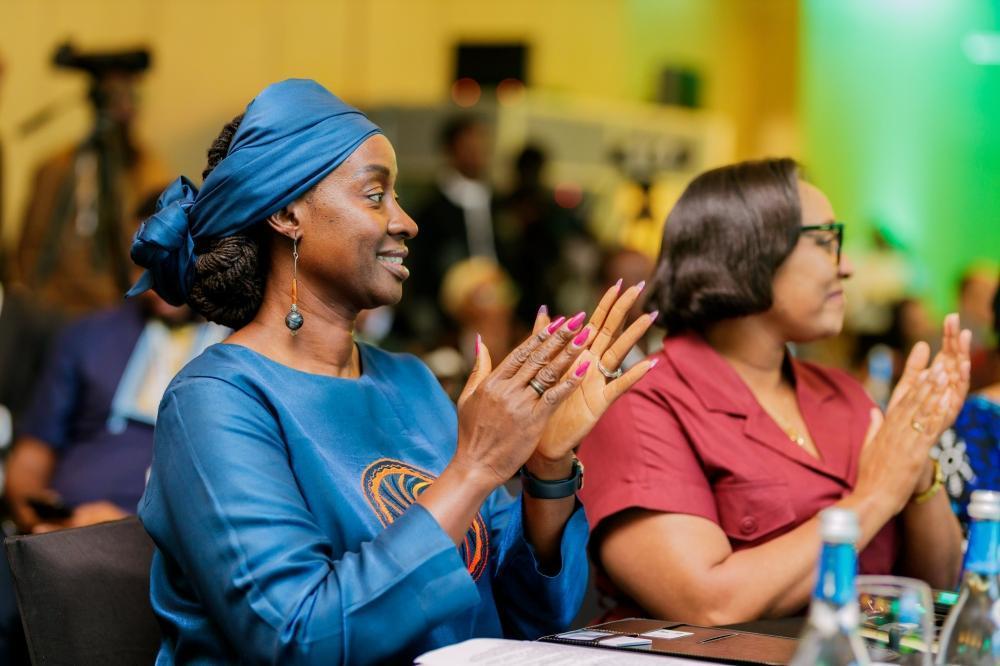Africa-Press – Rwanda. More than 150 biodiversity finance experts and senior government officials from 55 African countries and Arab States are meeting in Kigali this week to deliberate on how to turn conservation plans into investments that deliver results for people and the planet.
The 11th Biodiversity Finance Initiative Africa & Arab States Regional Dialogue taking place from June 25 to 27 is being hosted by the United Nations Development Programme (UNDP), in partnership with the Government of Rwanda, with the aim of accelerating biodiversity finance implementation across Africa and the Arab State.
Over one million species are at risk of extinction, and the global biodiversity finance gap exceeds $700 billion annually, according to the organizers of the conference held under the theme “From Studies and Planning to Implementation – Financing Africa and Arab States’ Biodiversity Agendas.”
The Biodiversity Finance Initiative (BIOFIN) is a global partnership led by UNDP, supporting countries to develop and implement finance solutions for biodiversity.
Since 2012, BIOFIN has mobilized over $1.6 billion across 41 countries and is expanding to 91 more.
The conference is a strategic moment to mobilise finance for nature through innovative tools like biodiversity credits, green bonds, and digital finance platforms.
Valentine Uwamariya, Rwanda’s Minister of Environment.
“Biodiversity supports key economic sectors like agriculture, forestry, fisheries, and tourism, generating significant income and employment,” said Valentine Uwamariya, Rwanda’s minister of environment.
Uwamariya noted that Rwanda has made the restoration of biodiversity a national priority.
“We are proud to have celebrated 30 years of our restoration journey marked by the rehabilitation of key biodiversity areas, some of which have been recognized as UNESCO Biosphere Reserves,” she said.
However, Uwamariya noted that none of this can be achieved without adequate and sustained financing.
“The relevance of biodiversity finance in conservation efforts is paramount,” she said. “Whether through public budgets, private sector investment or innovative financing mechanisms, we must scale up and diversify our funding sources.”
Biodiversity finance conference in Kigali.
Following the successful restoration and transformation of Nyandungu Wetland into an Eco-ParK in Kigali, the minister said, Rwanda has continued its ambitious commitment to urban ecological restoration by embarking on the rehabilitation of five more wetlands in the capital.
She added that the government is pioneering digital innovation in biodiversity finance through platforms like IremboPay, which digitizes environmental fines and reinvests them into conservation efforts.
This model ensures transparency and accountability, aligning with global biodiversity goals and reducing reliance on foreign aid, she said.
The system has already facilitated the collection of over $122,000, which is being reinvested into conservation initiatives through the Rwanda Green Fund.
“Nature-based solutions offer a path to resilience,” said Juliet Kabera, Director General of Rwanda Environment Management Authority (REMA).
“They protect communities from climate shocks, secure water and food systems, and support sustainable livelihoods, especially for those who depend most directly on the land and sea.”
And yet, Kabera said, Rwanda, like many countries, faces a persistent challenge, the gap between ambition and finance.
For More News And Analysis About Rwanda Follow Africa-Press









